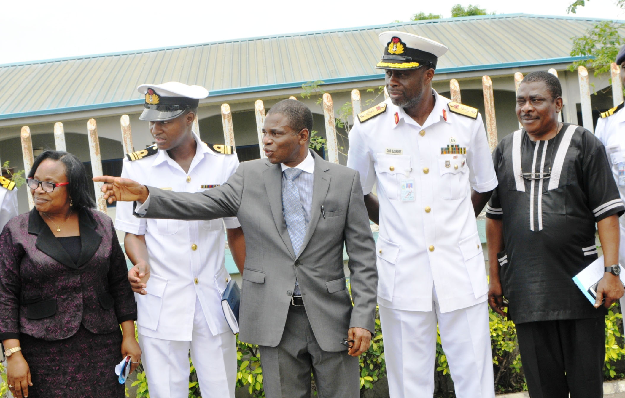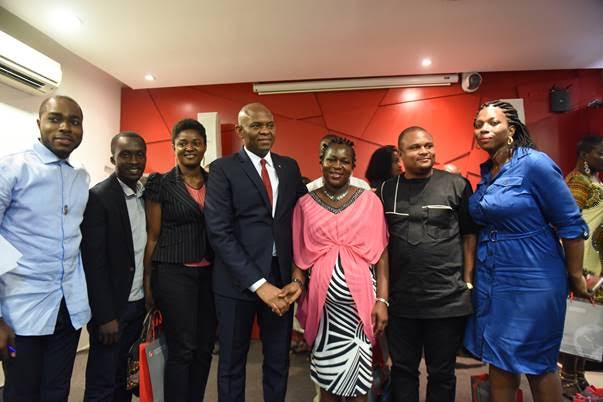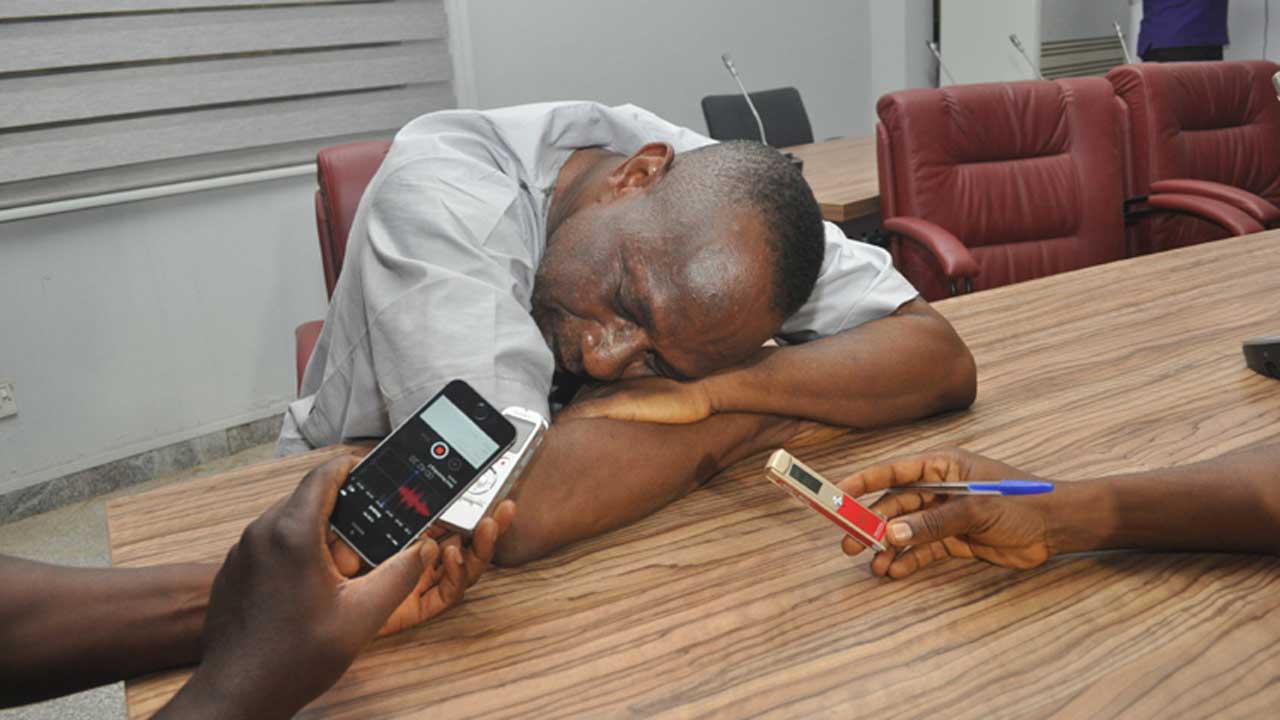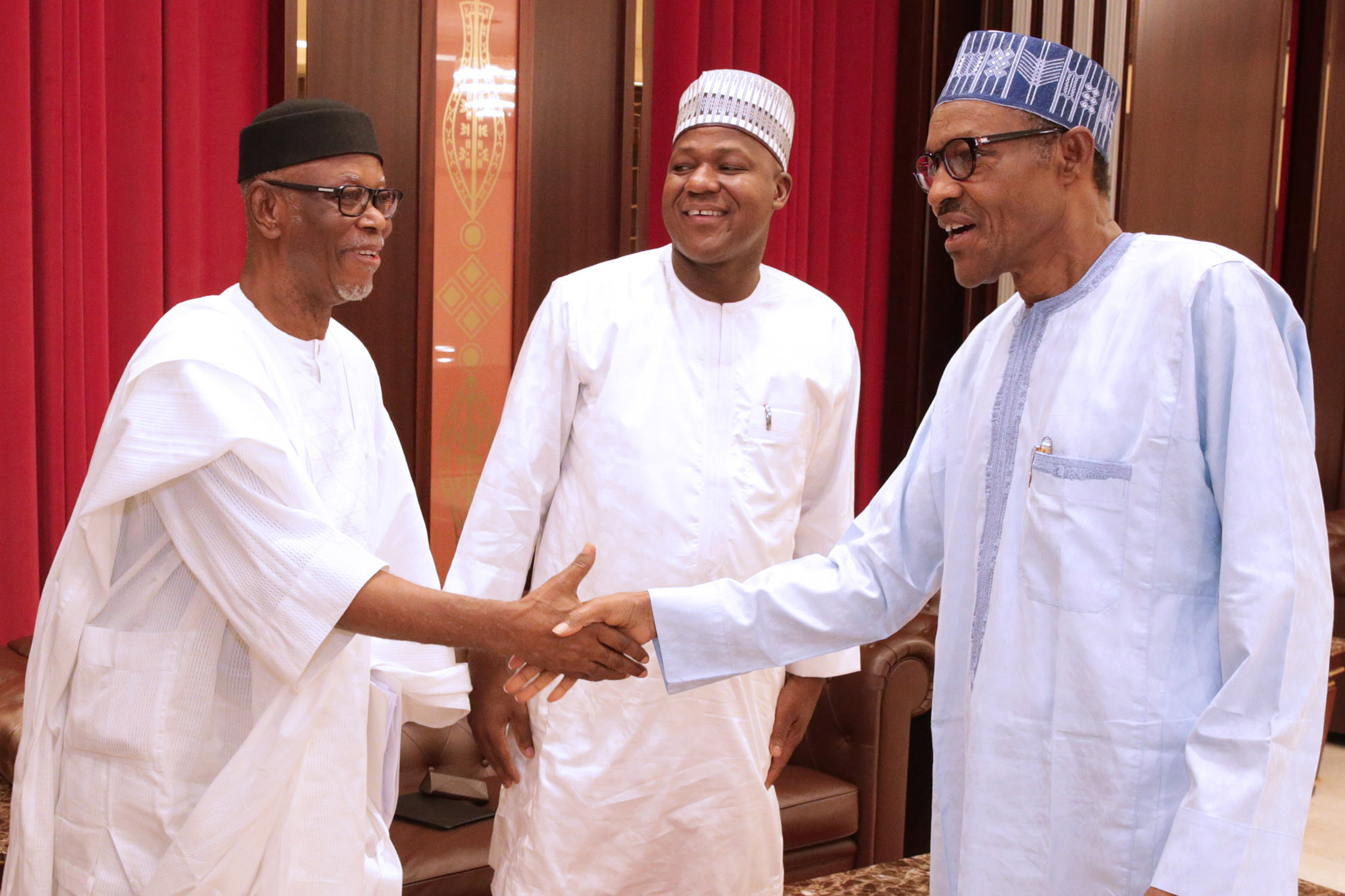The federal government says it will pump N350 billion into the economy in the coming months in order to revive ailing sectors, particularly by reclaiming the jobs of Nigerians who were once employed.
Addressing reporters at the end of the two-day national economic council retreat, Kemi Adeosun, minister of finance, said issues geared at restoring hope to Nigerians were discussed at the programme.
She also said the government had embarked on plans to ensure that some Nigerians who have lost their jobs as a result of the current economic situation are reabsorbed.
According to the National Bureau Statistics (NBS), about 1.97 million Nigerians have become unemployed since President Muhammadu Buhari came to power.
Advertisement
“We are already discussing with some of the contractors who will be paid these monies and the objectives from the overall criteria is how many Nigerians would be re-engaged,” she said.
“We are specifically looking at contractors who have laid off staff and how many Nigerians are you going to put back to work as a result of this money that we are planning to release and we believe that this would bring significant economic activity.
“The general resolve of the house and consensus was that there was a need to bring in more cost efficiency in their operations. In particular, to look at the setting up of the efficiency unit within the state governments, to rationalise expenditure and of course to increase internally generated revenue (IGR).
Advertisement
“To that end there was a need to generate data because data is the basis of any revenue collecting efforts. The federal and state inland revenue services collaborate to do join audits to invest in revenue, relevant technology and efforts to improve collection.
“There is a need to develop incentives for both federal and state revenue generating agencies to ensure that there is an alignment of interest.
“There is a focus at state level on property and consumption taxes to help in improving revenue in a fair manner. Tax payer education must be intensified and to expand the tax base and ensure that there is a buy-in in the revenue collection agencies from the populace.”
She added that NEC also discussed the need to review the counterpart funding needed to access the Universal Basic Education Commission (UBEC) fund from 50 percent to 10 percent.
Advertisement
Currently, states need to have a counterpart fund of 50 percent to access the fund.
She said the N58 billion not currently accessed would be used for rehabilitation of around 1,000 of the worst classrooms in each of the 36 states.
Add a comment






